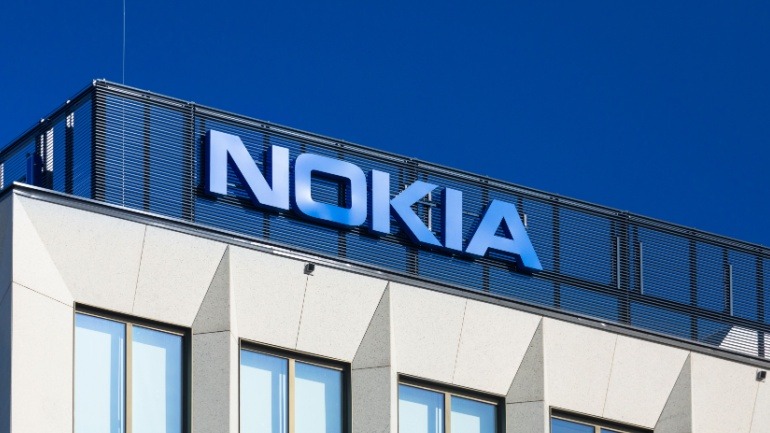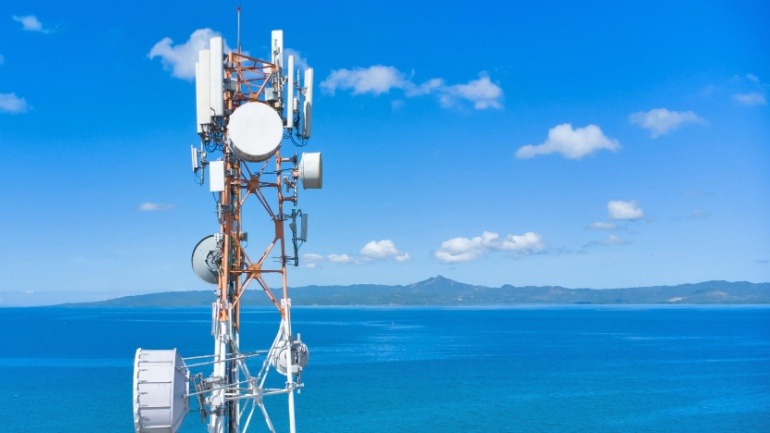The recent actions of one of the world’s largest internet backbone providers, Hurricane Electric, sparks fundamental debates around the boundaries of freedom of speech online. A recent occurrence suggests that the provider indirectly targeted a contentious web forum, Kiwi Farms, known for allegedly coordinating online harassment campaigns, by constraint its customer, a server provider called Crunchbits.
The Electronic Frontier Foundation, a long-standing advocate for digital civil liberties, lamented on what could be a slippery slope in the making. In an attempt to discourage internet infrastructure providers from acting as self-appointed censors, the EFF underscores the fact that internet services are often monopolized, and with great power comes great potential for the overuse of such power. Starting off with one act of censorship could, unfortunately, beget more as they reinforcingly act on the principle of a domino effect.
Over recent years, the role of ISPs in curating online content has been a recurring topic of interest. The UK, for instance, has even explored legislation to that effect. Hurricane Electric’s move was non-legal, comparable to AWS’s decision in early 2021 to disconnect social media platform Parler. Interestingly, this is not the first time Kiwi Farms has faced such action, with network security provider Cloudflare blocking the site last year.
A Washington Post report recently spotlighted the growing calls for Kiwi Farms to be taken down from the web. But is it that simple? The question around the forum’s legal standing and on what grounds such a concerted attack is instigated against it, even with its distasteful activities, remains unanswered. The EFF blog vehemently stated that Tier 1 ISPs like Hurricane should halt yielding to impulses to intervene where law enforcement and legal bodies have not succeeded.
This series of events raise two critical questions: who has the final say, and who will be next on the list? By threading this path, Hurricane Electric may have set a risky course, likely opening gates for actions against other platforms. The fact that the internet is majorly controlled by few, mainly US-based tech players, with little legal governance of that power was duly noted. The challenge lies in the balance between ensuring freedom of speech and preventing online platforms from being hothouses for coordinated harassment campaigns. The way these debates and actions pan out will indubitably shape the future of digital freedom.







